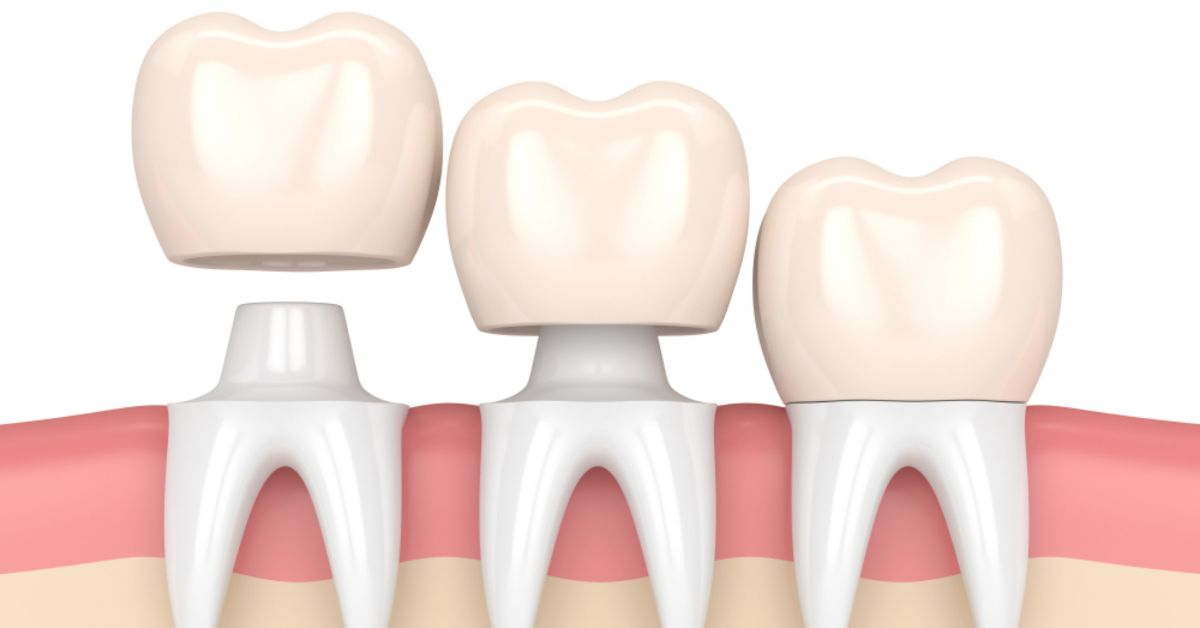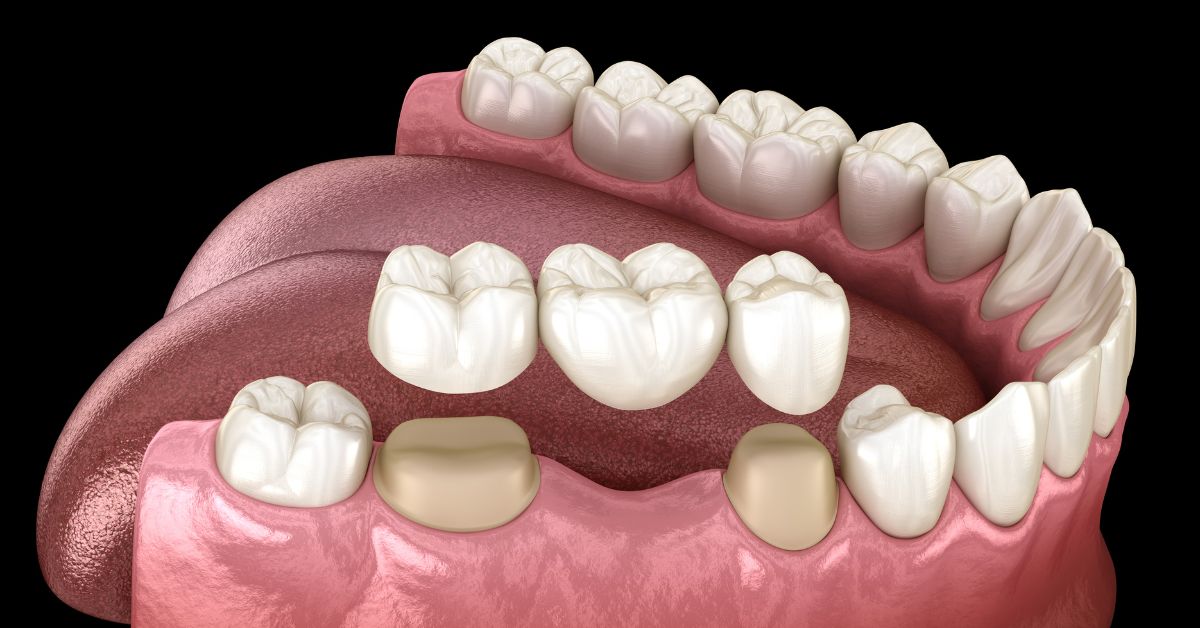Dental crowns are a great way to help restore proper functionality and stability of your teeth. It can help cover teeth that are badly damaged, discolored, or even misaligned; and can really help individuals bring back their vibrant smile.
What’s great about dental crowns is that there are multiple different options for the type of crown you want depending on your budget and the appearance of the crown that you desire. The most popular materials for dental crowns include porcelain, gold, resins, and even alloy metals. Porcelain tends to be the most popular as their white color matches fairly closely to natural teeth, making them seem almost unnoticeable to other people. However, porcelain crowns tend to be on the more expensive side, so some patients prefer the cost-effective options like resins and gold.
If you’re unsure which type of crown is best for you, speak with your dentist and they will be sure to give you recommendations that match your individual preference.
How Long Do Dental Crowns Usually Last?
Most dental crowns are expected to last around 15 years on average, with more sturdy crowns like porcelain having a life span as long as 20 years. Though this is fairly impressive, there are a few factors that could hinder just how long your dental crowns last.
For starters, bad oral hygiene such as neglecting to brush your teeth at least twice a day, not flossing, and not attending regularly scheduled dental appointments could put your crowns at risk and require sooner than expected replacement. Bad habits like chewing hard, crunchy foods, consuming extremely hot or cold food and beverages, and grinding teeth especially while sleeping are all things that could negatively impact the lifespan of your dental crowns.
Going to regularly scheduled dental appointments is extremely important as your dentist can pick up on early signs of wear and tear, and can actually help guide you in preventing further damage. Therefore, it’s always important to continue to maintain your oral hygiene and be mindful of how you treat your teeth. The better you take care of your mouth, the less likely you’ll need your crowns replaced sooner!
Can You Get A Cavity Under A Crown?
Most people believe that once a tooth has a crown that there is no way to get a cavity. However, contrary to this belief, teeth with a crown on top can still in fact develop a cavity! This is because though crowns cover the top and sides of a tooth, they don’t cover the part of the tooth that comes in contact with the gum line. This exposed part of the tooth that is visible below the crown can still get a cavity if you don’t engage in proper oral hygiene. For more information contact of dental crowns dentists near you at Royal Dental Care, 287 School St, Suite 120 Mansfield, MA 02048, (508) 938-9055.



